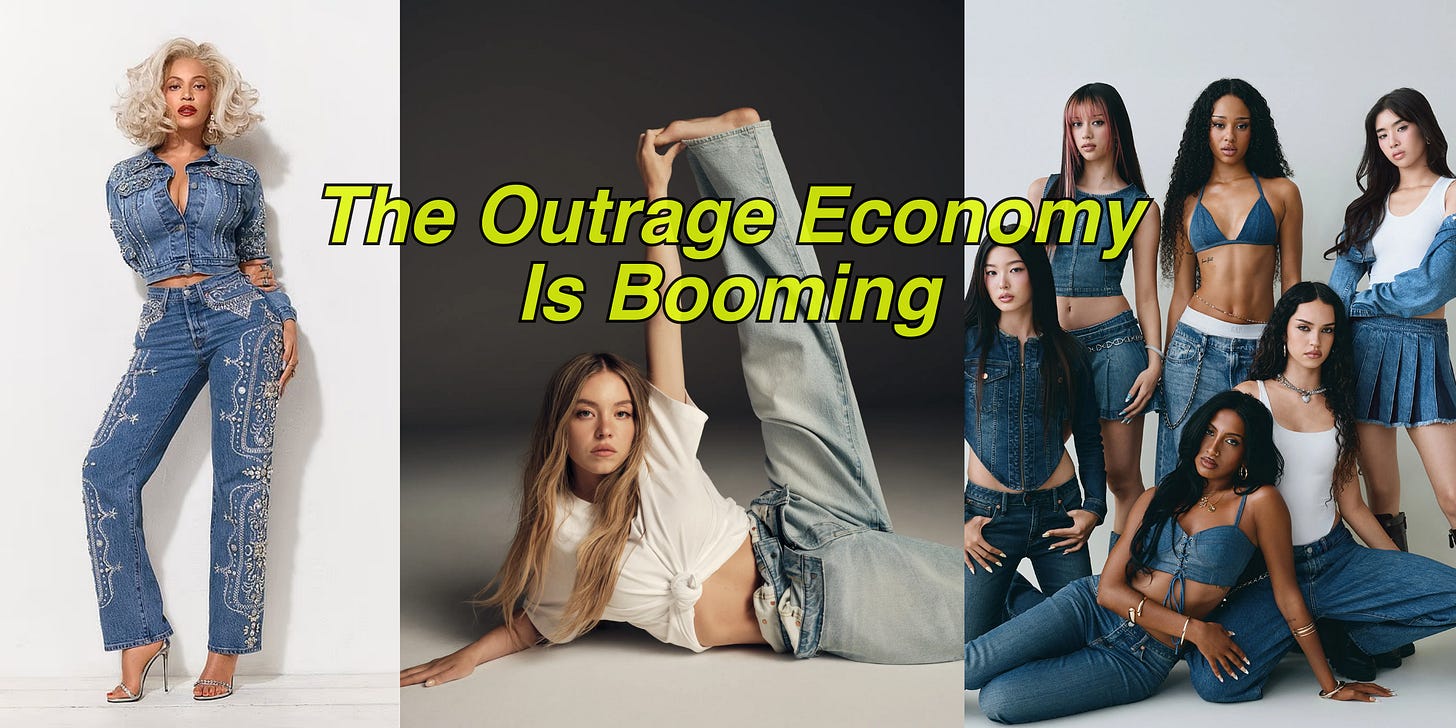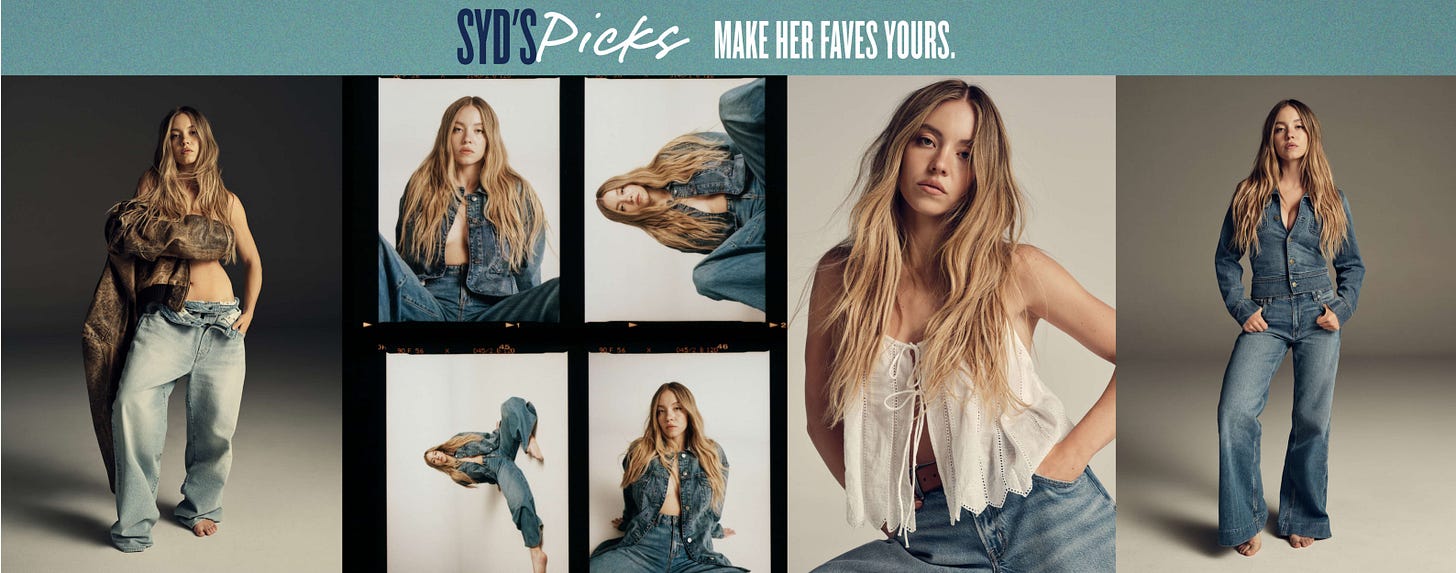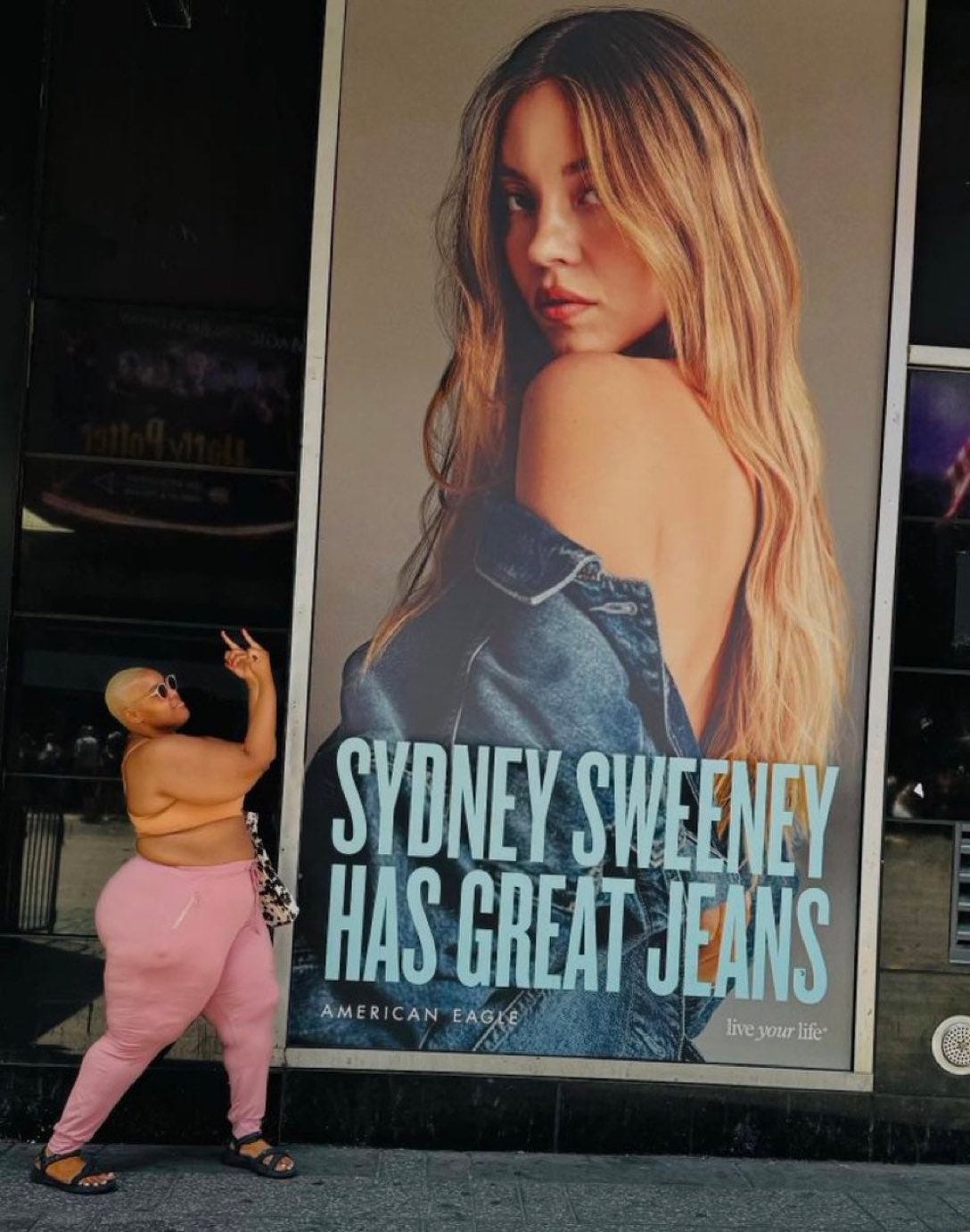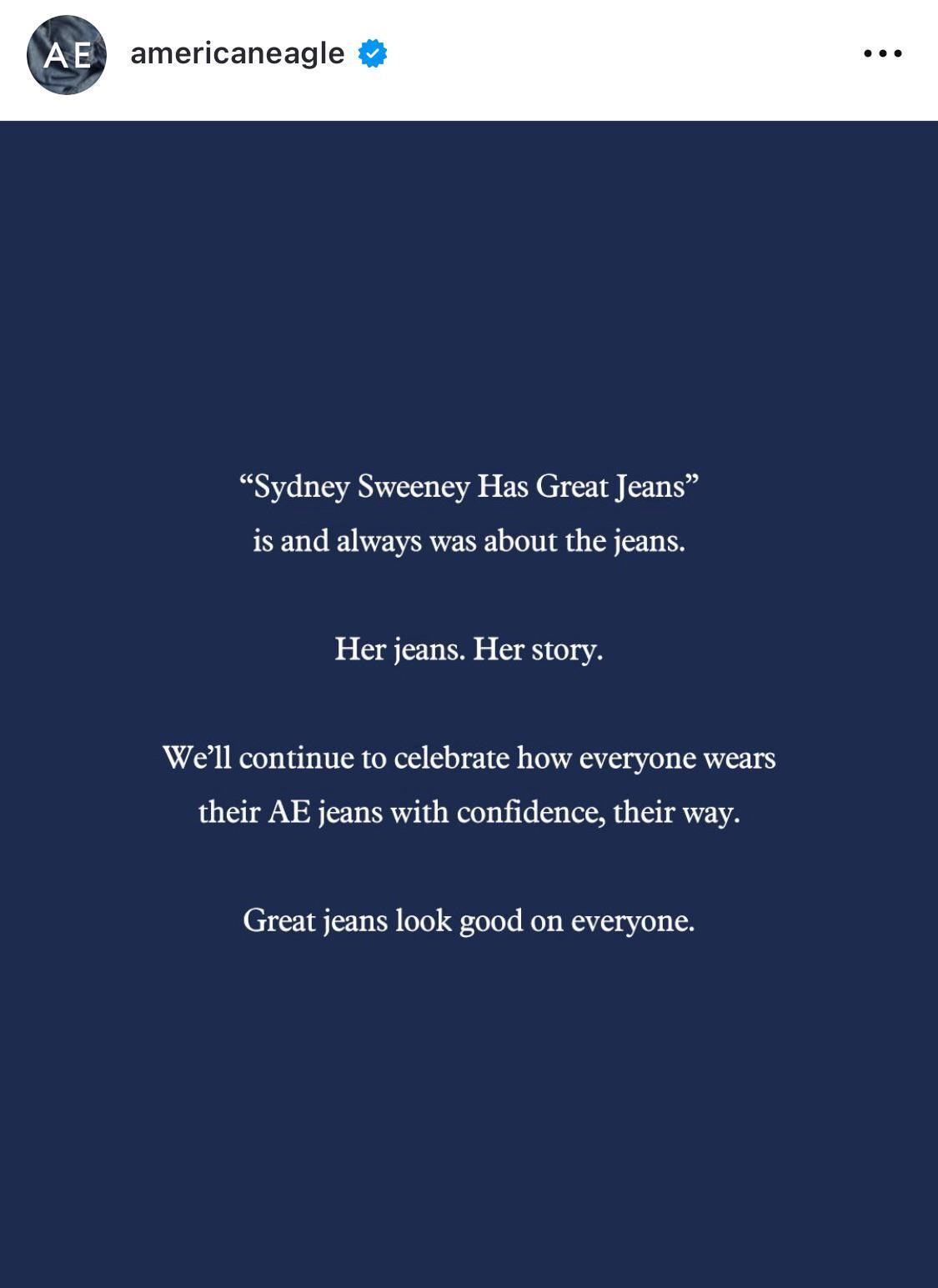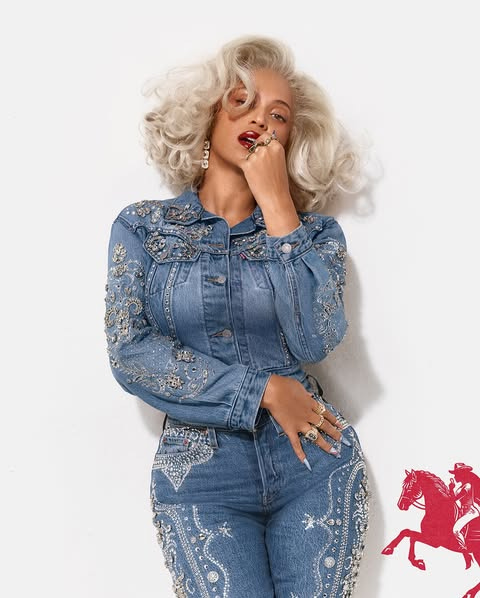We’re watching the collapse of cultural attention spans in real time, where everything—everything—gets processed through a political lens, a moral filter, and a trauma response.
We don’t react to content anymore. We react to what we think that content says about us, and then we demand an apology for how it made us feel.
This is the new internet economy. And it’s booming.
Outrage is no longer an unfortunate byproduct of cultural tension. It’s a business model. Brands don’t just sell products anymore—they sell positions in the culture war index. Outrage is baked into the strategy. It’s cheaper than a Super Bowl ad, faster than a Nielsen report, and more potent than traditional PR. All it takes is the right provocation and a few million people ready to project their trauma onto a marketing campaign.
Sounds like a fluke, but it’s become the actual infrastructure.
Outrage is the raw material itself. A commodity. A scalable input. If you can trigger it, you can monetize it. If you can control it, you can wield it. And if you can survive it, you can win the algorithm.
We’ve entered an era where attention is the economy, and outrage is the most frictionless path to engagement. The loop is tight: an ad or slogan drops, the internet combusts, TikTok runs with it, press coverage floods in, and the stock surges or tanks based on pure vibes.
The meme cycle quite literally now dictates market cap. And brands know it.
August 2025 gave us the clearest proof yet: a denim pun, a blonde American icon, a problematic comedian, and a minimalist logo all became flashpoints in the culture. In a market where volatility is visibility, the question isn’t “Did people like it?” It’s “Did people look?” “Did people fight over it?”
American Eagle x Sydney Sweeney — “Sydney Sweeney has great jeans” campaign
American Eagle dropped a cheeky, slightly corny campaign featuring Sydney Sweeney. The tagline: “Sydney Sweeney Has Great Jeans.”
Cue outrage.
Why? Because “Great Jeans” sounds like “Great Genes,” which some social media users decided was a thinly veiled white supremacist dog whistle. According to the mob logic, American Eagle was flirting with eugenics. The ad was interpreted as a wink to the far-right, an aesthetic nod to racial purity, and an intentional move to appeal to Trump voters.
Never mind that it was a denim pun.
Never mind that Sydney Sweeney is a Gen Z sex symbol with mass market appeal.
Never mind that we’re all just a little too online.
The mob projected its trauma, its media literacy, and its paranoia onto a campaign that, at worst, was blandly corporate. Lizzo dropped a line in a new song referencing it. Trump posted about it, saying “Sydney Sweeney has the HOTTEST ad out there” (lol). The discourse became a culture war battleground in under 36 hours.
But the deeper truth isn’t about what the ad said—it was what it didn’t say.
No virtue signal = moral failure
No performative allyship = secret enemy
No apology = fascist sympathies
People took to TikTok to declare they were “boycotting” the brand. This now-viral image of a plus-size, Black person in pink sweatpants flipping off the Sweeney billboard spread across TikTok, then spilled onto Instagram, Threads, and X. It became a kind of ritual act—an embodied, literal middle finger to whiteness, thinness, beauty standards, and whatever else Sydney Sweeney was standing in for that week. Another viral TikTok clip showed a young black girl walking into American Eagle before quickly turning around and saying “Oh right, I can’t shop there.”
Notably, and despite the backlash and boycott threats, American Eagle didn’t apologize. They didn’t pull the campaign. They didn’t grovel or “recommit to our values.” They posted a simple statement:
“It was always about the jeans.”
“Great jeans look good on everyone.”
Two years ago, they would’ve bent the knee after the first negative news cycle, which is another shift worth noting. But we’re not in the golden age of cancel culture anymore—we’re in the residual trauma economy that cancel culture left behind. A landscape full of automated outrage rituals and people who don’t even know why they’re mad.
Levi’s x Beyoncé — “Reiimagine Denim”
Same fabric. Different reception.
This one launched just days after the AE drama. Coincidence? Please.
MSM treated the Levi’s campaign like a masterstroke. A reclamation of Americana. A cultural moment. A queen in her power. Some even positioned it as a direct counter to the Sweeney campaign, as if Beyoncé had returned to the scene to reclaim denim for the oppressed.
On X, the conversation was a little more fractured. People pointed out that Beyoncé was styled with platinum blonde hair and soft-filtered skin. Many called it whitewashed. Some said she was “cosplaying Sydney Sweeney.” Others accused Levi’s of scrambling to reverse-engineer a woke denim moment to offset the AE backlash.
But here’s what I find most interesting: the same people who read the Sweeney ad as a hate crime… had no problem celebrating the Beyoncé one. The styling looked similar, the aesthetic was just as glossy, but the identity behind it was different. The Beyoncé campaign was harder to criticize without stepping on their own ideology.
To go after that ad would mean admitting that aesthetics don’t always signal moral virtue. That intention might matter more than surface. That maybe, just maybe, everyone’s reading too far into denim campaigns. And that’s not a pill the outrage economy wants to swallow.
There was no outrage.
No thinkpieces about whiteness. No trauma-posting about beauty standards. No accusations of aesthetic violence.
Except from one person: Piers Morgan. He posted the ad image with the caption:
"Very disappointed to see Beyoncé culturally appropriate Marilyn Monroe in her new Levi’s ad."
And the internet did what it does. It mocked him. Dionne Warwick replied, "Getting involved in women’s business again, I see…"
But the deeper takeaway here isn’t about Piers. It’s about why the mob didn’t activate when it came to an ad that was so similar to the American Eagle one that launched just days before.
Per usual, it’s not about what was said—it’s about who’s allowed to say it.



